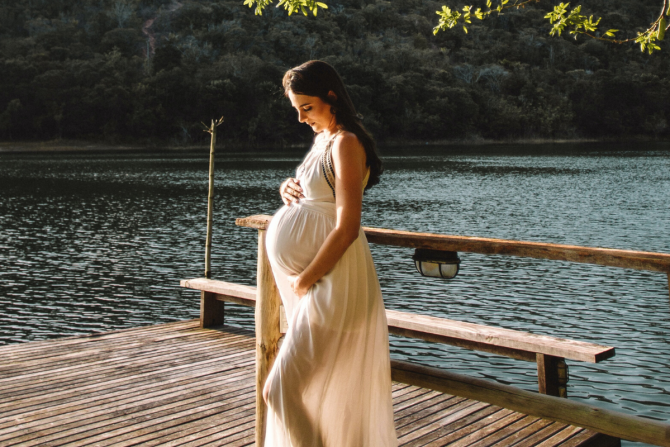Donor eggs provide the best chance of success for many women undergoing IVF. But it wasn’t clear whether using fresh or frozen donor eggs in IVF improves the chances of success, so a team from the University of Colorado and Duke University analyzed nearly 37,000 IVF cycles using donor eggs over three years.
According to the largest comparison of donor egg IVF cycles to date, using fresh donated eggs for IVF leads to slightly better birth outcomes than frozen.
Data from nearly 37,000 IVF cycles in the US between 2012 and 2015 showed that fresh eggs resulted in a slightly greater chance of a good birth outcome, which the researchers defined as a single, non-premature baby delivered at a healthy birth weight.
‘Our study found that the odds of a good birth outcome were less with frozen than with fresh, but it was a small difference’, says lead author Dr Jennifer Eaton, of Duke Fertility Centre in North Carolina.
When the quality of fertilised eggs and the age of both mother and donor were taken into account, the team found that fresh eggs led to good birth outcomes in 24 percent of cycles compared to 22 percent of the cycles with frozen eggs.
Fresh eggs had a much higher likelihood of implantation and birth than frozen eggs, the study found. Compared to frozen eggs, fresh eggs were associated with almost 25% better chance of live birth and a 10% higher odds for good outcomes.
The rates of embryo implantation, pregnancy and live birth were all significantly higher among the women using fresh eggs compared to frozen, but fresh eggs also led to a 37 percent higher chance of multiple births, which could pose greater risk for both mothers and babies.
Donor eggs are often used for older women or women who have a decreased egg supply. This has led to an increased demand for frozen donor eggs which are a cheaper and faster option than fresh donor eggs. But it was previously unknown which type provides the best birth outcomes.
Although this study is the first to show an advantage of fresh donor eggs over frozen, the researchers say that doctors should take the other benefits of using frozen eggs into account when discussing the best option with patients.
‘Given that frozen eggs have many benefits such as ease, cost, and speed, the decision to use fresh or frozen donor eggs should be made on an individual basis after consultation with a physician’, said Dr Eaton.
In Greece, we do not have egg banks. Therefore, the fresh donor eggs are fertilised by the husband’s sperm. We then proceed to either fresh embryo transfer if the recipient is synchronised with the donor. Otherwise, we perform embryo transfer after thawing the frozen embryos in the future, once the recipient is ready. Success rates are similar in both cases.
The study was published in the journal Obstetrics and Gynaecology: https://journals.lww.com/greenjournal/Abstract/2020/03000/Prevalence_of_a_Good_Perinatal_Outcome_With.27.aspx
